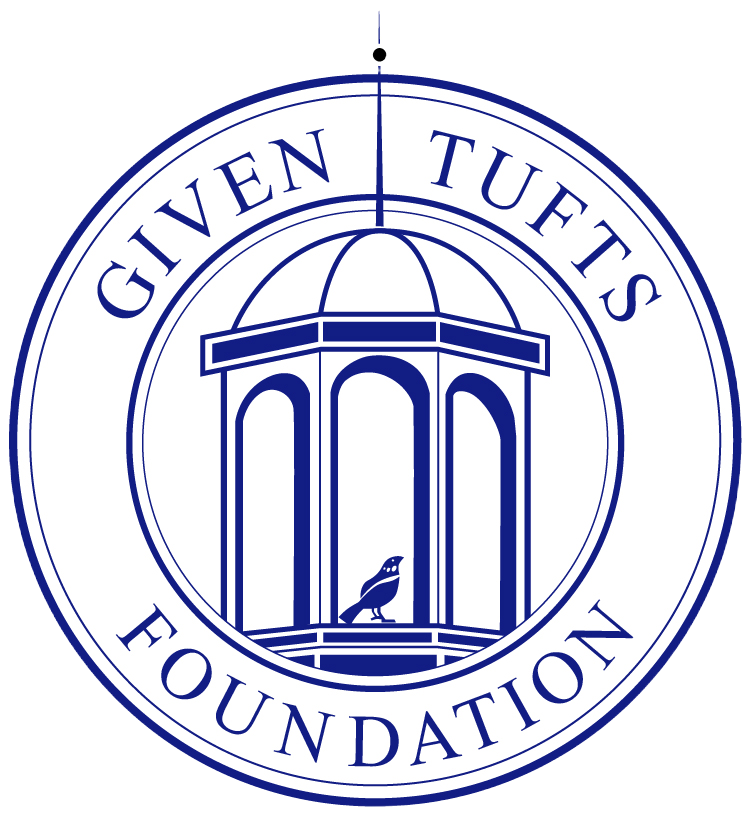Archives Highlight
Fall 2023
by Hazlette Huskins Burns
In a town that has maintained its small-town integrity and rich history, one family still remembers when deliveries were addressed to cottage names rather than street numbers and purchases in town were charged to your account.
Born in Pinehurst where both sets of her grandparents lived, Jill Gooding remembers the good old days when the Tufts Family still owned and maintained the town. Her grandparents were B.U. and Dora Richardson, and Rassie and Dolly Wicker. Both grandfathers had come to Pinehurst in the early 1900s to work as the small town developed. Richardson worked at the original bank, and Wicker printed the daily menus for the hotels and did any other job he was asked to do - at just twelve years old. Richardson eventually was appointed by President Franklin Delano Roosevelt as the Pinehurst Postmaster in 1944, and Wicker became a civil engineer, surveyor, and Moore County historian.
Those were the days when the town closed the hotels in the summer and opened them in late fall for the many guests attracted to the small Southern town and its weather, activities, and lifestyle. Most of the businesses in the heart of town were owned by local residents, who walked to work, walked home for lunch, then returned to business for the afternoon. There were few, if any, parking issues! Most stores were closed on Wednesday afternoons and folks worked at least a half day on Saturday until the noon whistle blew, signaling the workday was over.
Jill remembers, as a child, many trips each year with her parents and grandparents back and forth across the country for visits to various military bases. Jim Wicker, her Dad, had survived a B-17 crash and was interned as a POW during WWII. Lucky to be alive, he continued his career as a military pilot. Every vacation the family ever took was to Pinehurst, where she remembers her grandmother Richardson walking to the grocery store downtown to pick out supper. Several times, Jill lived and attended school in Pinehurst so that her education would not be disrupted due to a change in duty station.
Her aunt Eloise, a teacher and organist at the Community Church, sold cookies at the Woman’s Exchange where Jill remembers having lunch with her grandma on many occasions. Her mother, Nancy Richardson Wicker, was a teacher who lived in the Sycamore cottage. She recounted walking past the Holly Inn and seeing the conscientious objectors who were housed there during WWII as part of a military medical experiment with the common cold.
Daily life in Pinehurst during the 1950s and 60s was serene, friendly, and predictable. The Carolina Hotel hosted holiday parties that included the children who lived in Pinehurst year-round. Renting horses at the Pinehurst stables and riding all over the place on the white sand paths under the longleaf pines made for a great adventure. Being notified through the grapevine that Yogi Berra was at the clubhouse sent a group of kids rushing to get autographs. Sledding on “laundry hill” and walking on Pinehurst #2 after dinner in the summer were rituals. The street lights were turned on each night by the Lamplighter. Mail was delivered twice each day when everyone would head to the Post Office because it was the meeting place for friends and visitors. Often a farmer or two would have a pickup truck filled with vegetables to buy. Occasionally, someone famous would show up, like General George Marshall. Mr. Richardson the Postmaster had several thank-you letters from Secretary of State Marshall, thanking him for the service rendered when the Secretary’s mail was of a huge volume!
When asked about the tremendous change she has seen with growth in the village, Jill states that as much as Pinehurst has grown, everywhere she looks in the heart of the Village she finds a precious memory. From the original Postmaster sign in the Outpost building, the Yadkin Road slabs her great-grandfather created, and the park named in honor of her grandfather, Rassie Wicker, the town still feels like the Pinehurst she remembers. The only new building additions that Jill recalls are the Woods Building, Magnolia Place on Market Street, and Given Memorial Library. Although the tenants are different, the character of this little town remains intact, as do all the warm and fun-filled memories.
Jill cherishes the items the Tufts Archives have maintained. When asked why the archives are so important, she says, “You’ll lose everything if you don’t save and share the past. The archives are where I’ve learned more about [Rassie Wicker] than I really knew growing up. He accomplished so much for the town - building, landscaping, mapping, writing - he lived here his whole life. In fact, this month his beautifully restored home on Dundee Road celebrates 100 years.”
Stop in to Tufts Archives for a visit the next time you’re in the Village and find out something new about this historic town. You can also search their database here and request additional information and images from their knowledgeable staff.
“You’ll lose everything if you don’t save and share the past. The archives are where I’ve learned more about [Rassie Wicker] than I really knew growing up. ”

